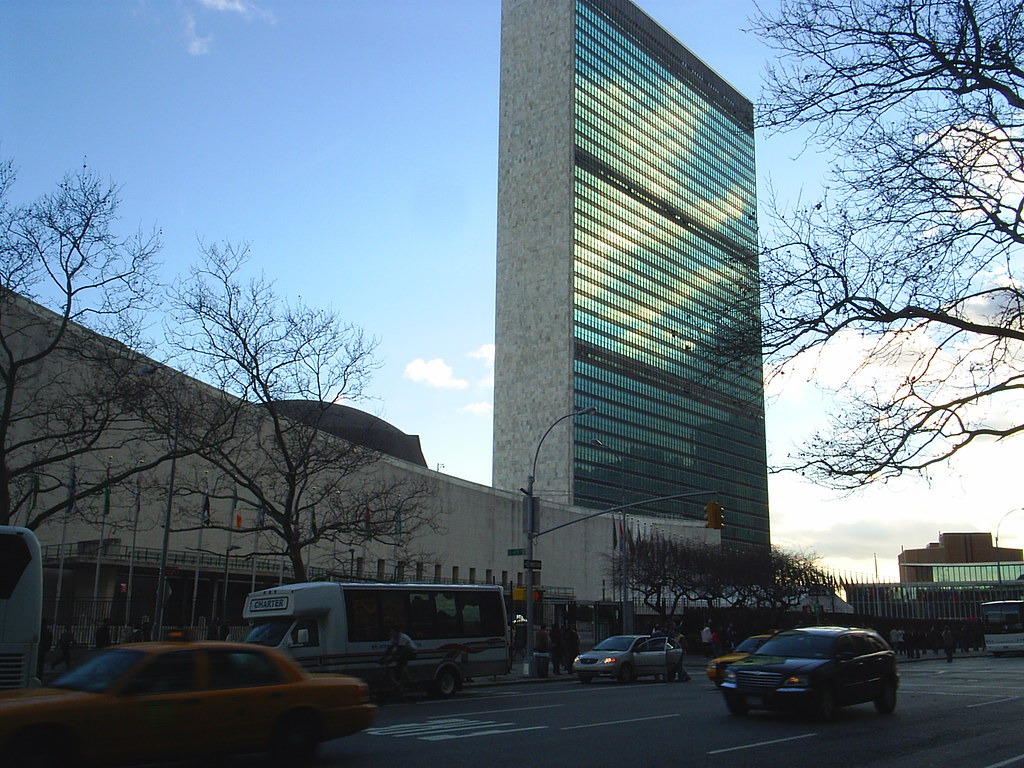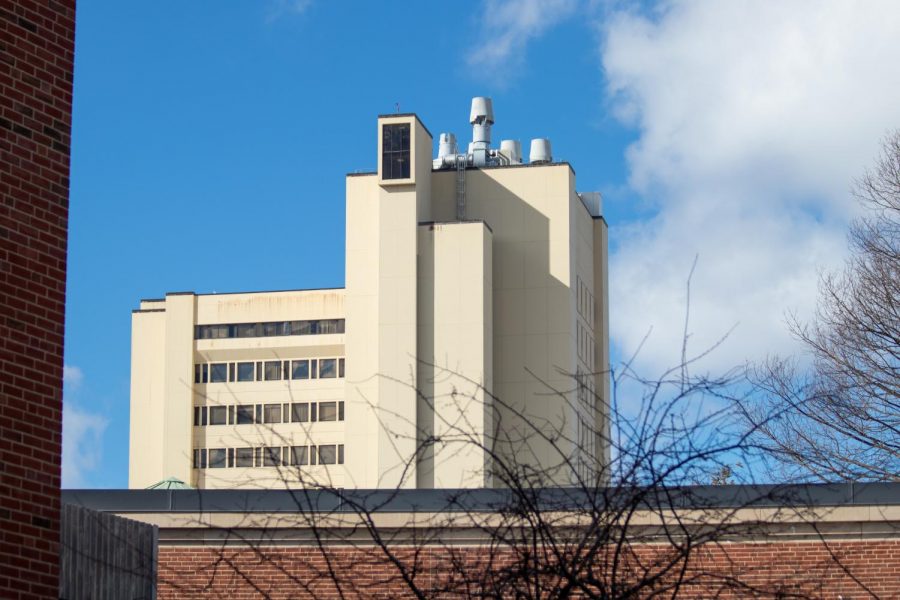See the counter argument: Save Syria from falling apart
About a year ago, the Arab Spring reached Bahrain – a tiny, oil-exporting kingdom in the Persian Gulf. On Feb. 14, 2011, protesters began to camp out in the center of the capital city, Manama, to call for democracy, a reduction in the powers of the king, social justice and equal rights for the majority Shia Arab population. The king responded with a bloodbath. Thousands of people were imprisoned and tortured; some were killed outright.

When this wasn’t enough to stop the protests, King Hamad bin Isa Al Khalifa of Bahrain declared martial law and asked for help from his long-time ally, Saudi Arabia. Saudi and Bahraini security forces carried out indiscriminate raids into poor neighborhoods, arresting and beating people at random as an example to others.
And what was the reaction from the West? Silence at best, support for the crackdown at worst. You see, Bahrain is a close ally of the United States. The fifth fleet of the US Navy is based there. And let’s not forget the oil. So the U.S. did not condemn the atrocities, and even offered tacit support to the Saudi security forces during their murder spree by saying that Saudi involvement was legal.
This is an important and recent reminder that the ruling class of the United States – like all ruling classes in general – is interested solely in its own power and wealth. The U.S. military is never sent out to defend freedom, democracy or any other such high ideals. It is always sent out to protect the profits of American corporations and the power of the U.S. government. Sometimes, this can have very positive side effects (for example in the World War II). But most often, the effects are very bad for the people that happen to be on the receiving end of U.S. intervention.
We must keep this in mind as we look at the current situation in Syria. Like Bahrain, Syria is ruled by a despot who is determined to hold onto power at all costs. Like in Bahrain, the Syrian security forces have carried out horrible massacres. But unlike in the case of Bahrain, the Western media and ruling classes have suddenly discovered their love for an oppressed people and cannot contain their outrage about what is going on.
Call me cynical, but I think it might have something to do with the fact that Syria is an opponent of the U.S. and the West. So now, the very same people who applauded the killings in Bahrain are asking for UN support to stop the killings in Syria. And they want us to trust them to carry out this great humanitarian task.
We should not trust them. The Syrian uprising against President Bashar al-Assad is incredibly brave and worthy of the greatest admiration. It is not easy to continue fighting for months on end in the face of violent repression. Other people may have given up by now, but the Syrians fight on, and hopefully they will win.
Because I hope they will win, I can understand how it is tempting to think that we should intervene militarily to help them defeat Assad. But the sad reality is that we have no power to do that. The only choice is between non-intervention or intervention to promote the interests of US corporations. No other kind of intervention is possible at this point.
Furthermore, Syria is a very diverse country, much more so than Iraq (and far more so than Libya). In religious terms alone, Syria has significant populations of Sunnis, Shias, Alawites, Christians and Druze. Many people, especially from the smaller groups, are afraid of sectarian civil war. Given the U.S.’ track record in Iraq, it is almost guaranteed that any major land-based military intervention would lead to precisely that.
A more limited intervention, for example a bombing campaign like in Libya, is not likely to end much better. It didn’t end that well in Libya, where parts of the country are still in chaos and militias still struggle for power. The rebel movement in Libya was composed of many different groups with different goals, just like in Syria, and now that the old regime is gone they have a weak, corrupt, Western-backed government that many people see as illegitimate.
Libyans are wondering if this is really what they fought for, if anything has actually changed. And those who conclude that their revolution was stolen from them (which is probably a correct assessment of the situation) are likely to keep on fighting. If the opposition in Syria is victorious only thanks to U.S. bombing raids, then Syria will probably go through something similar, or even worse, due to the religious divisions.
The hard truth is that there is no easy way to liberation. There is no external force that has both the power and the benevolence to liberate the people of Syria. The U.S. has the power, but certainly not the benevolence. If the recent history of U.S. interventions in the Middle East is any guide, any kind of military “help” for Syria would only be aimed at setting up a pro-American regime that U.S. corporations can do business with – rather than a government that would actually be good for the Syrian people.
For the Syrians, as for most people, there can be no freedom except that which they win for themselves.
Mike Tudoreanu is a Collegian contributor. He can be reached at [email protected].












Arafat • Feb 13, 2012 at 5:20 pm
The source of Muslim repression, or why Muslims are drawn to repressive leaders like moths to flames:
Islam’s prophet was a theocratic, megalomaniac. Unlike Christ, Buddha or other religious leaders, Mohammed demanded that he ruled over everything.
Christ said, “Render unto Caesar that which is Caesar’s and unto God that which is God’s.” Mohammed said and practiced the opposite.
Sharia law is all about repression of the individual, whereas democracy is about empowering the individual.
Free speech, freedom to choose a religion (or not to choose any religion), freedom of conscience are all alien to Islam.
It’s “hip” among the mainstream media to write about The Arab Spring as if it connoted a sort of rebirth, but anyone who has studied Islam realizes that this misleading misnomer is the ultimate lie and says more about the ignorance of media organizations like the NYT, CNN, BBC, etc… than it has to say about the real world. But, then again, that’s what intelligent people have come to expect from our media and the pundits they pay big bucks to help them sell advertising space.